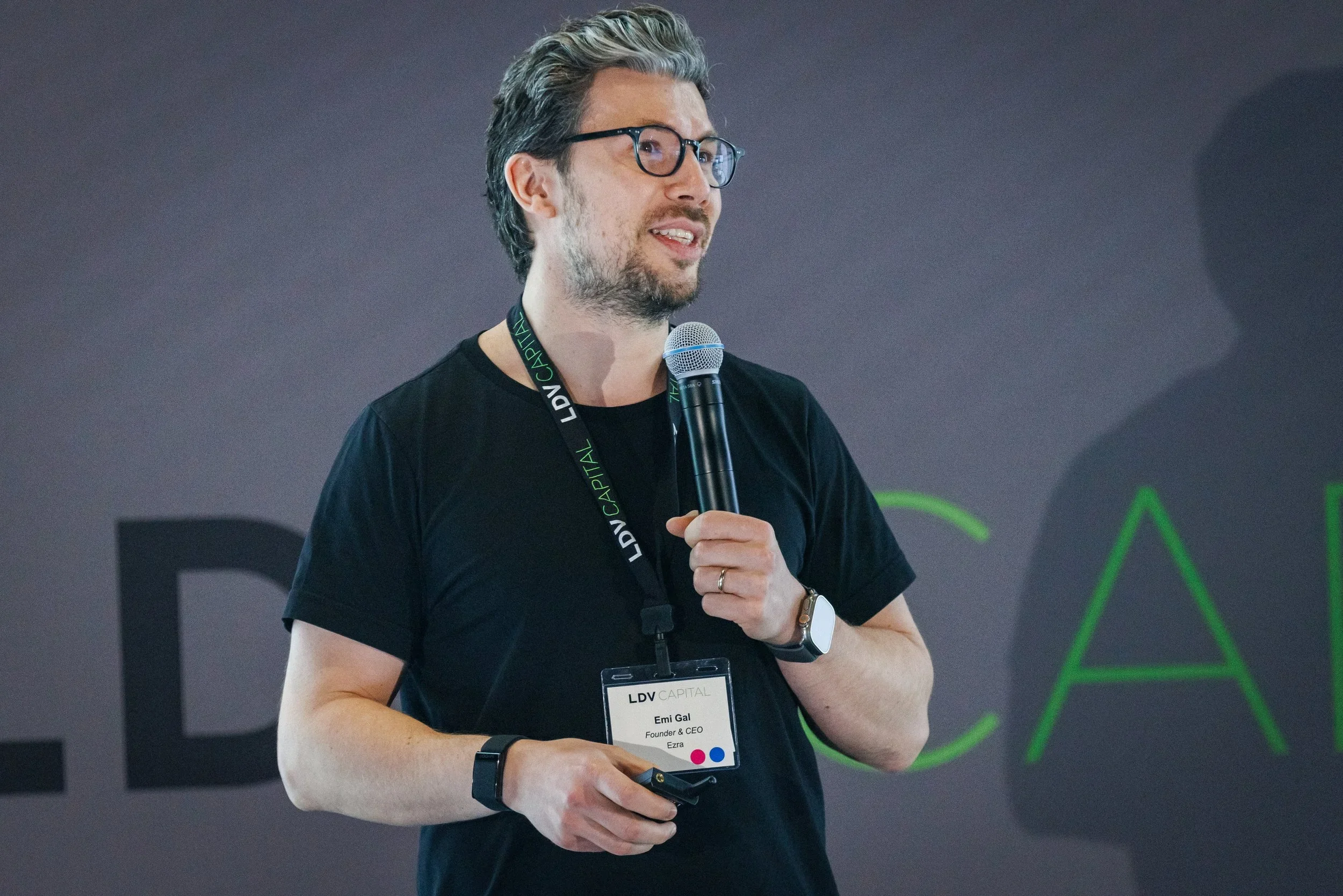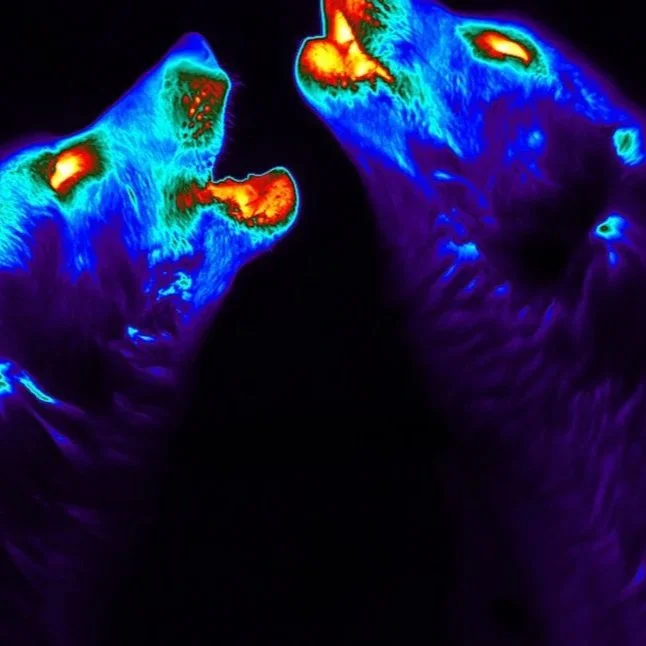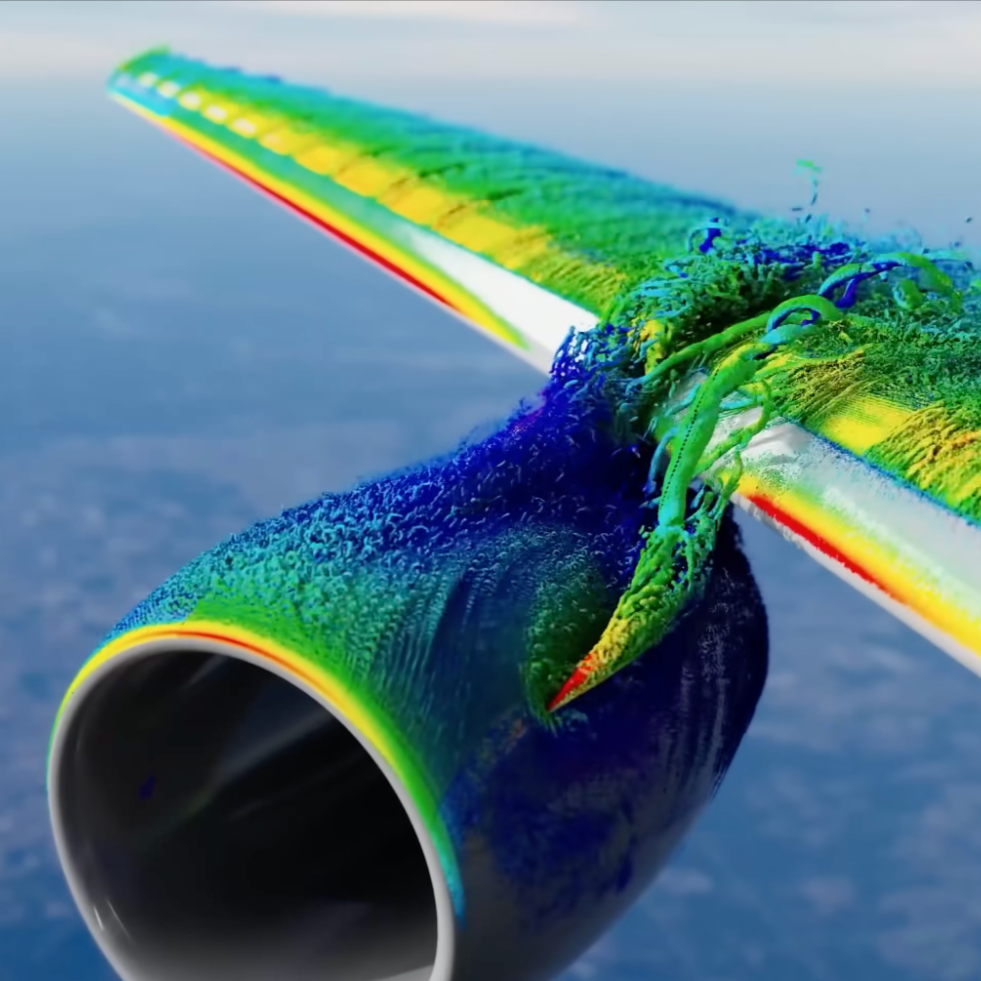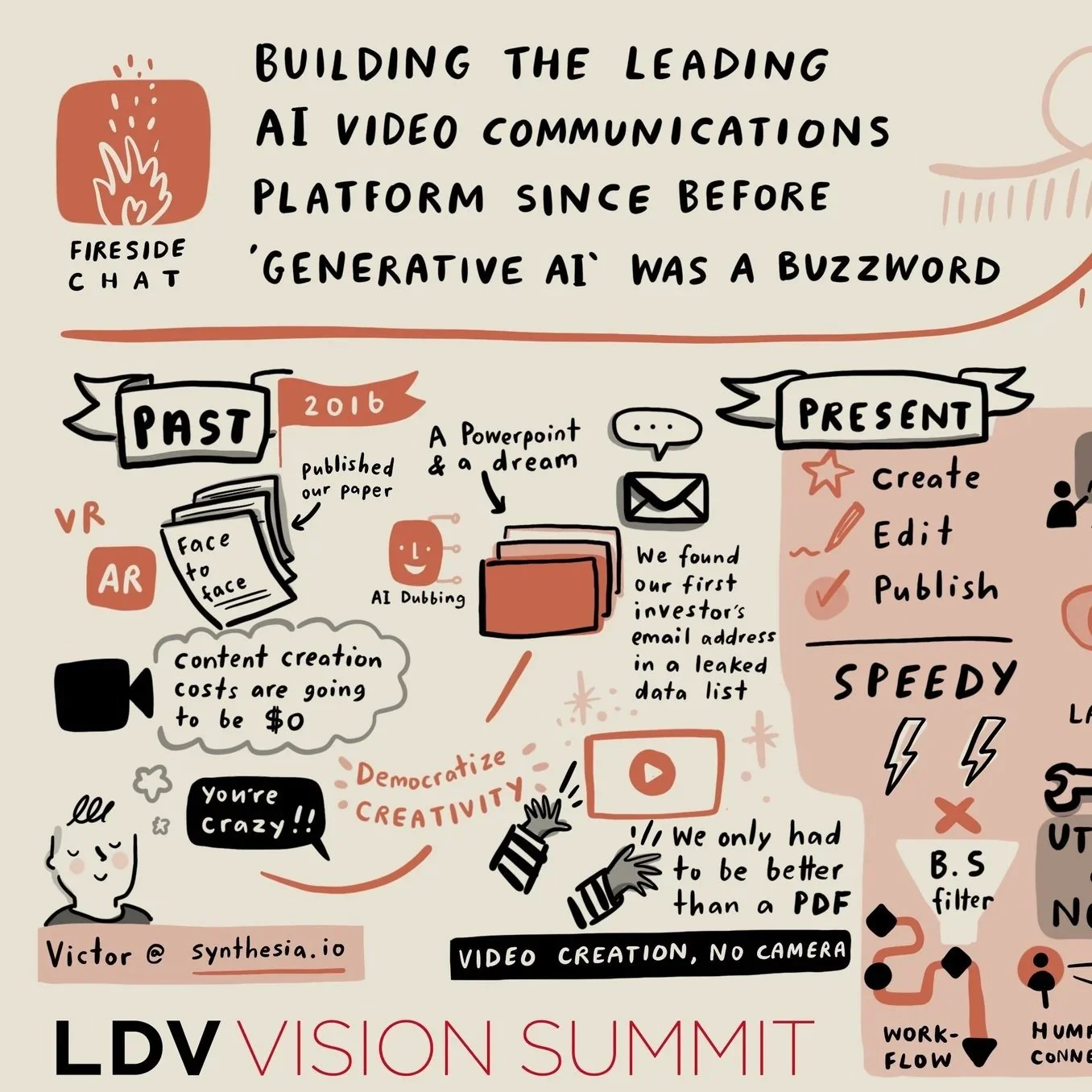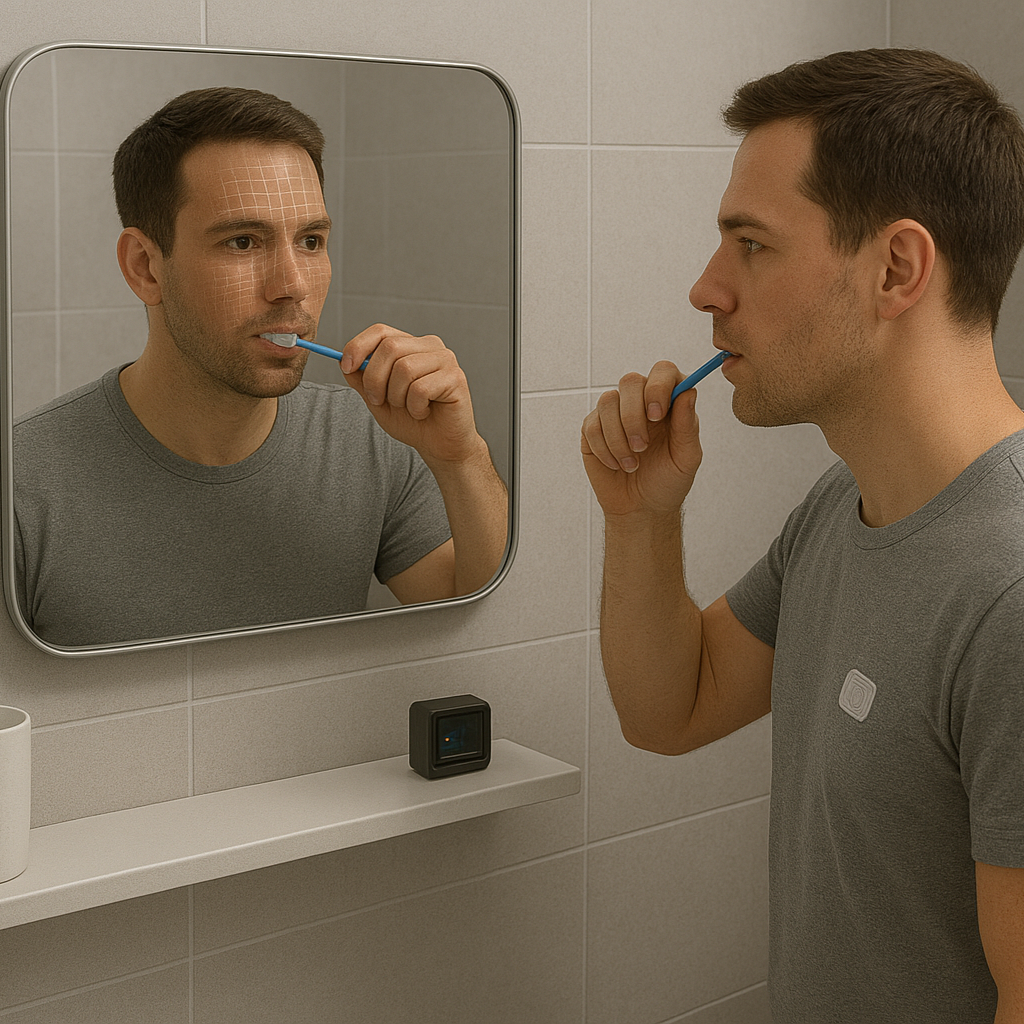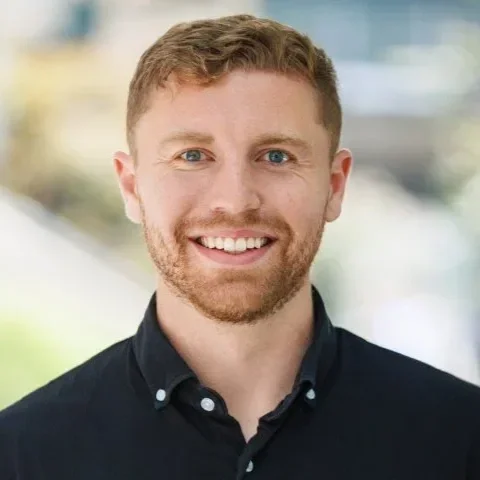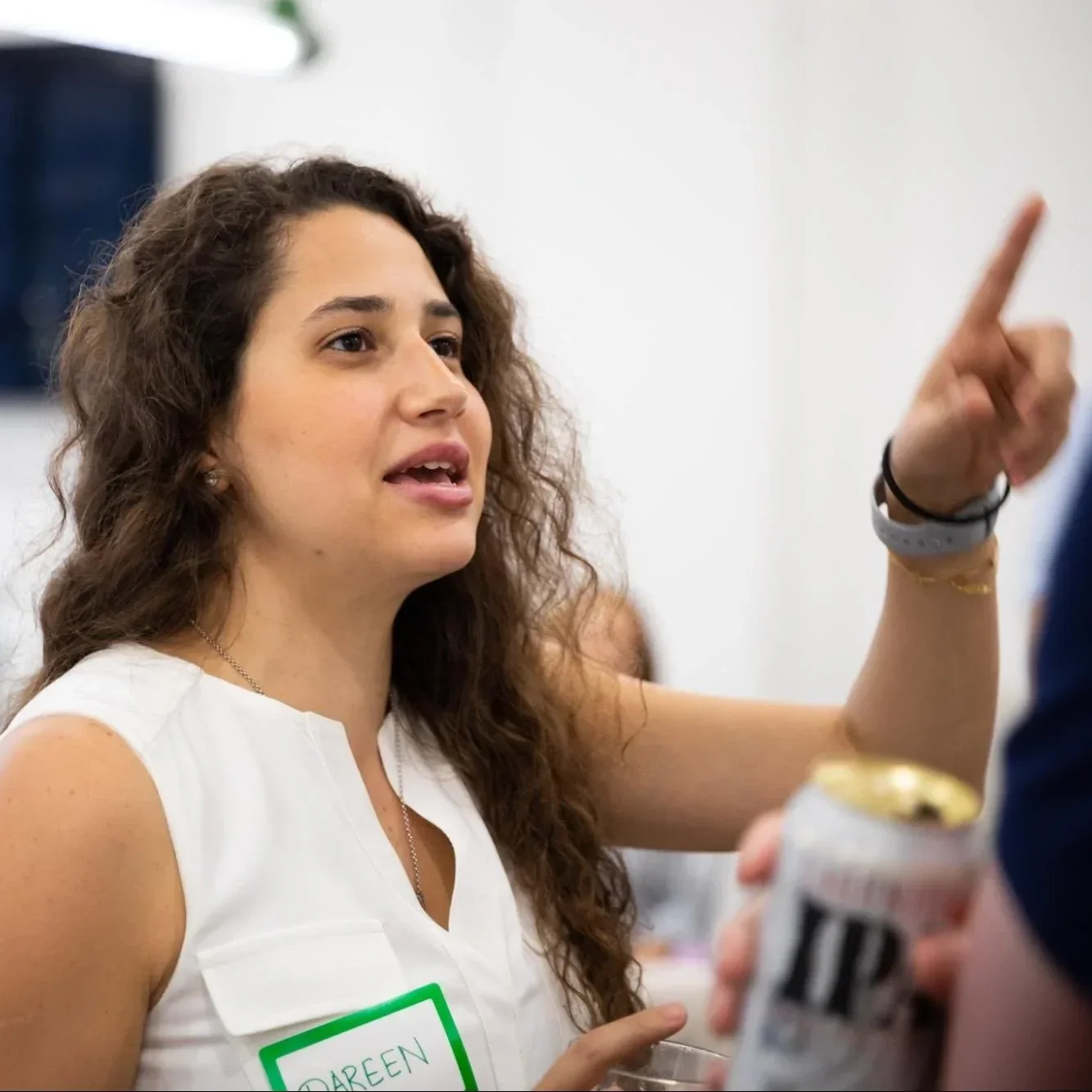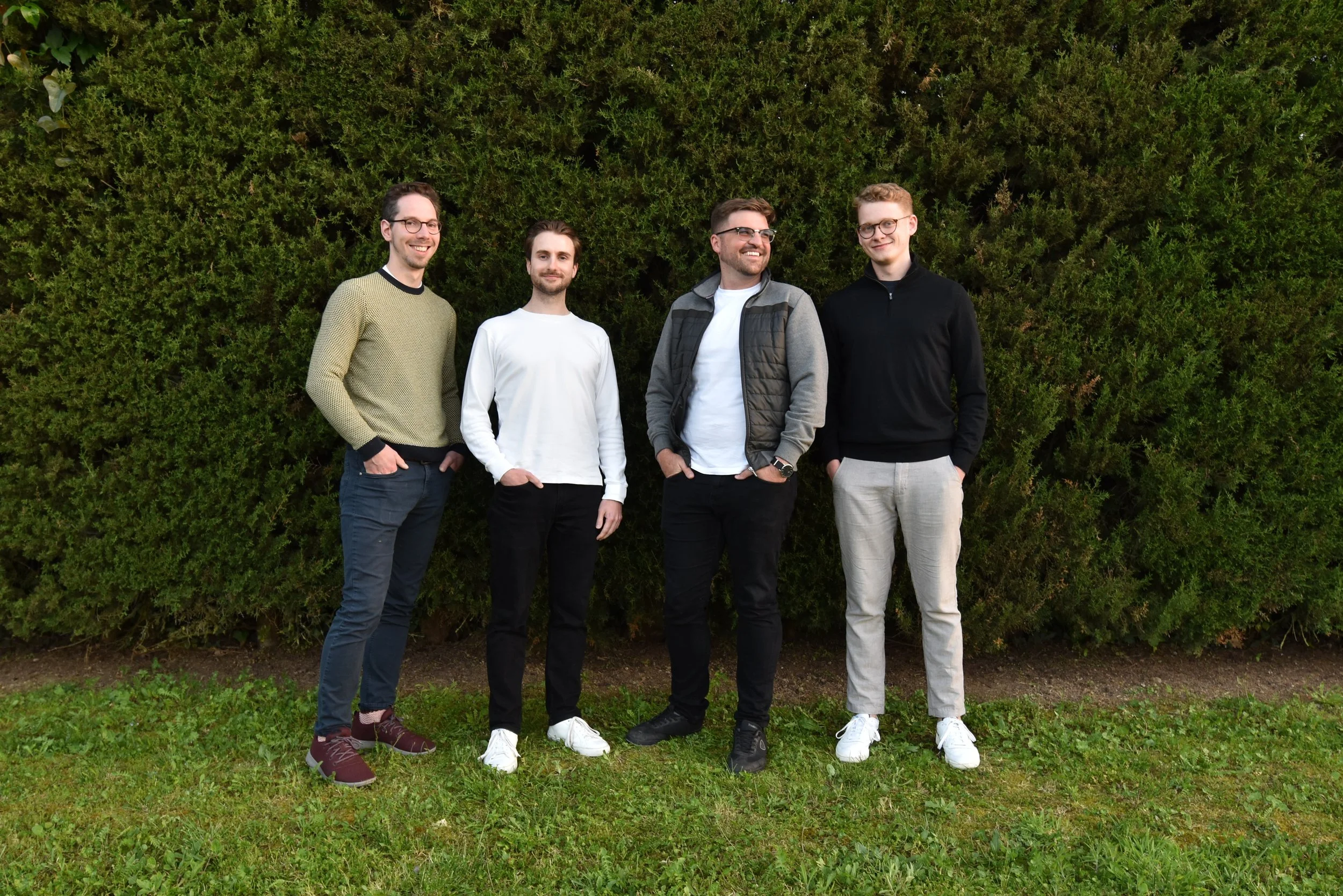Partnering with Fieldstone Bio: Harnessing Living Sensors with Synthetic Biology & Hyperspectral Imaging to Revolutionize Chemical & Environmental Monitoring
/(L-R): The team at Fieldstone Bio: Keegan Byrnes, Research Associate; Dr. Erin Essington, Scientist; Patrick Stone, Co-founder & CEO; Linda Li, Research Associate; Dr. Brandon Fields, Co-founder & CSO; Dr. Michelle Goettge, Director of Microbiology; Dr. Tim Bateman, Scientist, and Dr. Robert DiPietro, Scientist.
Nearly every surface of our planet is covered in microscopic organisms continuously sensing and responding to chemical information in the environment. Yet, despite the tremendous sensing capabilities that microbes possess, their widespread adoption in the field has been held back by the lack of methods to decode and visualize their data – until Fieldstone Bio.
The information gathered from environmental monitoring is critical for applications in agriculture, climate, pollution, national security and much more. The soil testing market is estimated to be worth $5.8B, even though this is typically accomplished by manually sampling soil which does not scale effectively or accurately.
In agriculture, lab-based processing of soil typically takes at least a week and requires direct sample collection from farms. Field-scale measurements are time-consuming and most sampling occurs at the multi-acre level, leading to under-sampled data. Fieldstone Bio’s products use modified microbes to enable accurate, timely and scaled measurements that are essential for validating GHG credits, monitoring plant health, detecting pathogens, and assessing pollutant and nutrient levels in food-producing fields. Without these insights, agronomists are left using today’s limited tools and making a best guess.
In our 2020 LDV Insights Report on Food & Agriculture, we wrote that over the next five years, visual sensors will need to be deployed to capture and track data for measuring soil parameters and plant characteristics in real-time.
For environmental and national security applications, providing instant, high-resolution maps can speed up detection, accelerate cleanup and reduce costs. Many former industrial sites or military bases are highly contaminated with pollutants or even unexploded ordnance that is dangerous and slow to clean up over millions of acres still contaminated. Fieldstone Bio enables the detection of these pollutants and even landmines left behind over hundreds of acres of land using microbes, drones and automated image processing.
The core technology behind Fieldstone Bio utilizes living microbial sensors to identify target chemicals in the environment with high precision at millimeter scales. These microbes can be thought of as a cheap biodegradable material spread across large areas of land and translate chemical data into visual maps using hyperspectral imaging and AI, enabling detection via drones, planes and even satellites.
It was co-founded by Dr. Brandon Fields, Patrick Stone and Dr. Chris Voigt.
Dr. Brandon Fields, Co-Founder & CSO, is a synthetic biology expert with 15 years of experience in molecular biology. He holds a Ph.D. in Genetics and has developed imaging technologies to visualize cellular activity.
Patrick Stone, Co-Founder & CEO, has a 20-year career in government, leading technology development programs. He has managed large teams, budgets and initiatives to solve mission-critical challenges through technology.
Dr. Chris Voigt, Co-Founder, is an MIT professor and synthetic biology expert dubbed “a rock star” in biological engineering by The New York Times. He is the Co-Director of the Synthetic Biology Center at MIT and Co-Founder of the MIT-Broad Foundry. His research focuses on programming cells for applications in medicine, agriculture and industry.
“By creating continuous chemical maps, we provide critical insights for customers on scales that were not previously possible,” says Patrick Stone. “This approach bridges the gap between traditional chemical testing and scalable remote sensing, unlocking new capabilities for high-resolution environmental surveillance.”
Fieldstone Bio’s microbial-based maps provide customers with the chemical information required to make informed decisions. But the long-term potential of this technology is to use their data to learn what chemicals in the environment “look like” through the lens of a hyperspectral sensor. The rise of AI and hyperspectral imaging technologies promises a new era in environmental monitoring with tremendous potential. However, this has been limited to chemicals/objects with large footprints and easily identifiable signals. We need high quality and spatial resolution ground truth data to train these models for all sorts of chemicals.
“Legacy soil sampling methods produce sparse data sets about chemical information in the environment,” says Dr. Brandon Fields. “Our approach generates a million-fold more data points, providing the scale needed to train AI models and revolutionize environmental surveillance."
Through biological engineering, Fieldstone Bio is building the largest ground truth data library for chemical information in the environment to drive AI models for large-scale remote environmental surveillance.
In 2024, the company was recognized as one of the winners of DARPA’s AI BTO challenge, securing a development contract working with DARPA. This award underscores the impact of their work for the national security community while demonstrating the dual-use nature of the technology. Since then the company is increasing commercial customers to deploy its technology.
Co-Founders Patrick Stone and Dr. Brandon Fields at our Annual General Meeting in 2025.
At LDV Capital, we invest in people building businesses powered by visual technology & artificial intelligence. We thrive on collaborating with deep tech teams leveraging computer vision, machine learning, and artificial intelligence to analyze visual data. We are the only venture capital firm with this thesis since 2012.
“We are thrilled to partner with Fieldstone Bio because their living sensors can identify target chemicals, nutrients, pollutants, or pathogens in the environment at massive scales,” says Evan Nisselson, Founder and General Partner at LDV Capital. “Existing methods rely on bulky, expensive equipment and lab processing that takes significant time. Fieldstone Bio's breakthrough enables faster remote sensing of biological sensors using off-the-shelf hyperspectral cameras on drones, planes and satellites.”
We participated in their $5M seed round led by Ubiquity Ventures and with participation from E14 Fund and look forward to helping Fieldstone Bio leverage our visual tech domain expertise, decades of experience building businesses and our network across agriculture & deep tech. The new funding will be used to accelerate product development and scale specific products. For more details, check out Tim De Chant’s article on TechCrunch.
Check out Dr. Brandon Fields’ keynote from our 11th Annual LDV Vision Summit to learn more:
Microbial living sensors © Fieldstone Bio







